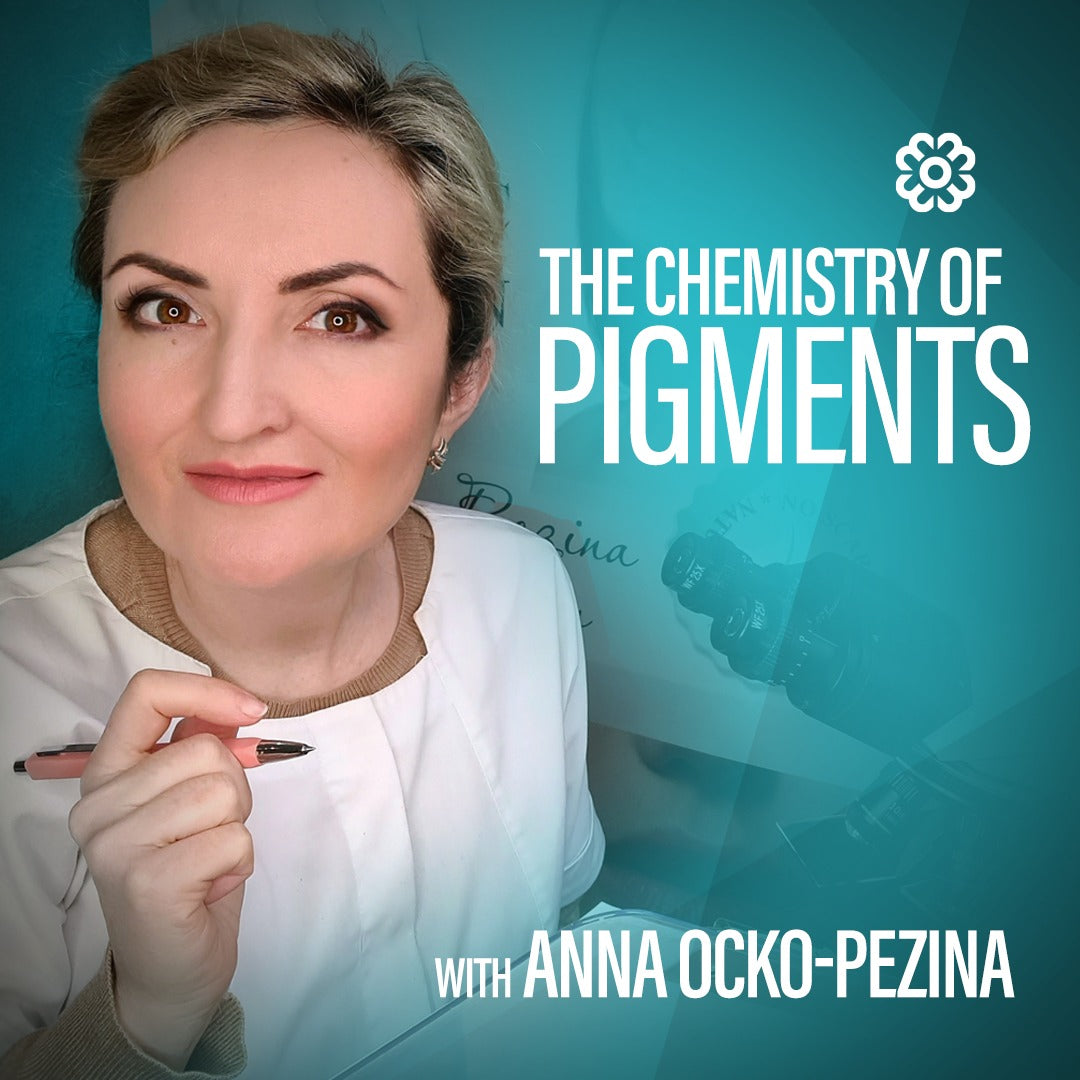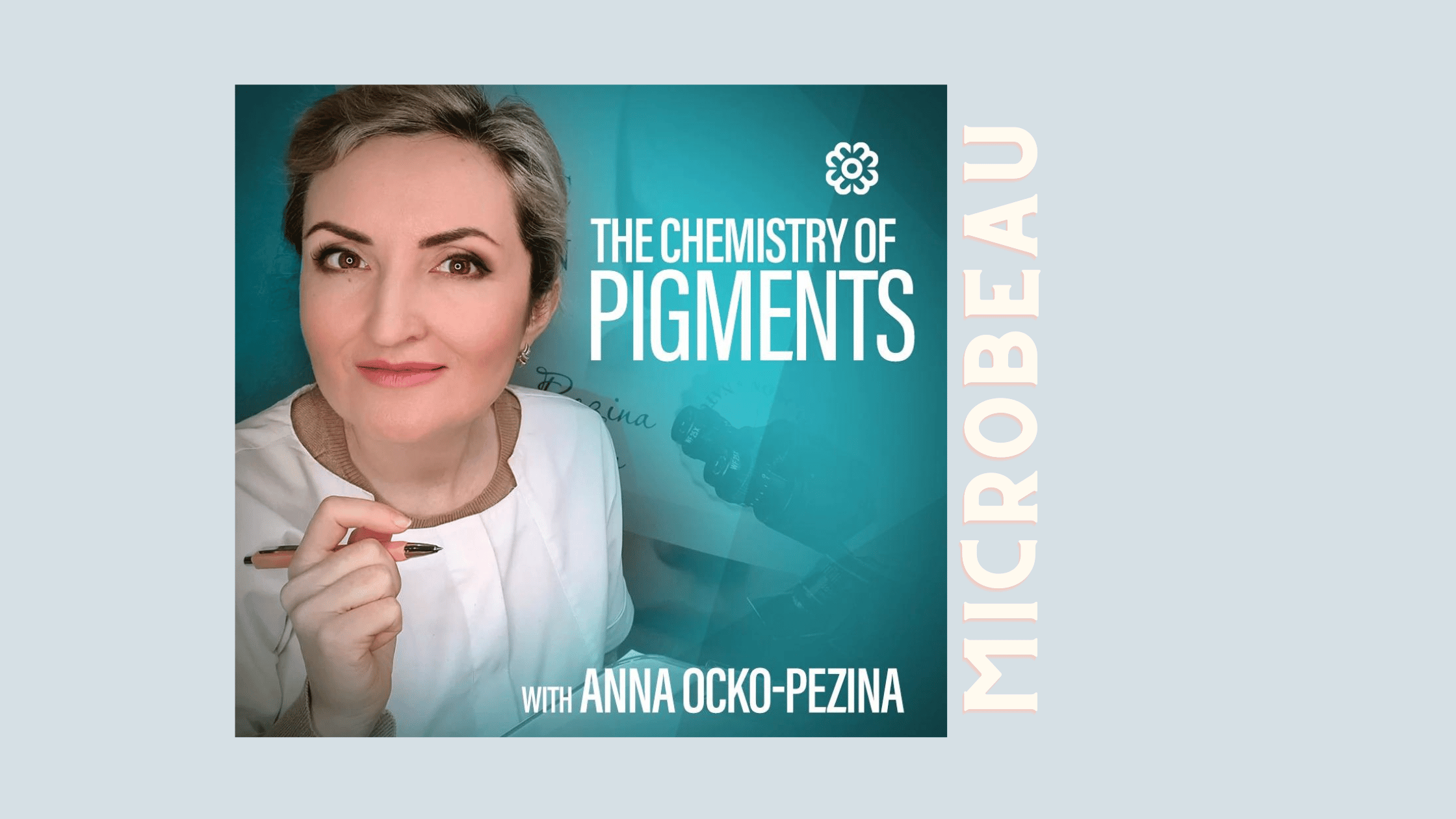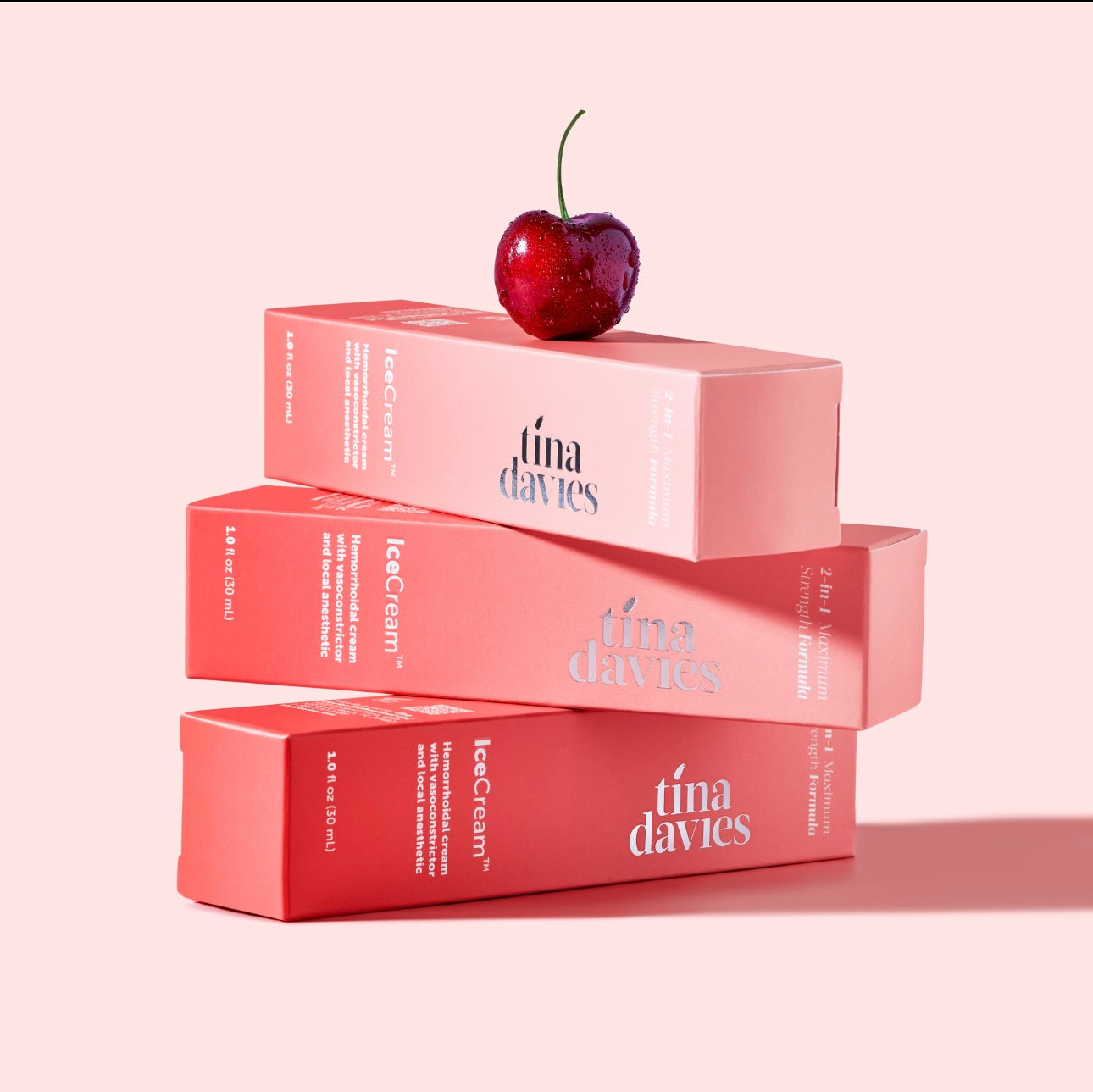
Russian-born, but residing and working in Australia, Anna Ocko-Pezina is not only a PMU artist and highly-regarded trainer, she also has her degree in Electronic Engineering with extensive education in chemistry.
Drawing on her scientific foundation, Anna systemizes PMU knowledge to pass it on to her students.
With Anna's extensive experience in color correction and laser and non-laser tattoo removals, coupled with her generosity with her knowledge, she is simply the perfect source to turn to.
1. How do I choose reliable pigments?
"The pigment color depends on its chemical composition and behavior of each component in the skin."
The most stable pigments for eyebrows are:
- Iron oxide pigments compensated with chromium oxide.
- Hybrids with two types of black colors: carbon black and iron oxide black.
- Organic black/red/yellow/white pigments compensated with additional warm colors.
- “No-black” organic pigments, which are made of red/green or orange/blue mixes, for example.
Ingredient
Ease of implanting
Color retention
Duration of pigmentation
Green-based iron oxide
More challenging than organic
Weaker than organic and hybrids. Still slightly warmer with time.
Shorter than organics and hybrids.
Compensated organic
Easier than iron oxide and hybrids
Stronger than iron oxide and hybrids.
Still cool in the long run.
Longer lasting than any other pigments.
Hybrids
Easier than pure minerals and more challenging than organics
Weaker than organics and stronger than minerals. Neutral tone with time.
Shorter than organics and longer than minerals.
Non-black organics
Comparable to black based organics and much easier than iron oxide and hybrids.
Weaker than black based organics and hybrids.
Hard to achieve dark value colors.
Neutral tone with time.
A bit shorter than black based organics, but much longer than minerals and hybrids.
2. What’s the difference between tattoo ink and cosmetic tattooing pigment?
Today, there is no essential chemical difference between body tattoo and PMU pigments.
Formulation of PMU pigments and body inks in the past
Initially, PMU pigments had mineral compositions, low pigment load, a high content of solvents, such as glycerin, with thick, creamy consistency and were rather costly. Body tattoo inks, on the other hand, were mostly organic, with high pigment load, rather liquid consistency and relatively low price.
Today's pigments and ink formulation
Nowadays, PMU pigments are composed of both organic and inorganic pigments, the same as body tattoo inks. You can find minerals in some particular body tattoo colors and the pigment load of some PMU lines is even higher than in some body tattoo inks.
Whether we use PMU pigments or body inks is a matter of aesthetic concept
The consistency of PMU pigments can vary from very fluid to creamy. We no longer avoid strong color retention on the face because as PMU developed we understood that the face is a far more complex area for good color retention and that PMU pigments should actually be stronger, rather than weaker.
Body tattoo inks are created for a different concept; to demonstrate the most expressive colors. From this point of view, then, we can notice conceptual differences in color palettes rather than different chemical content, solvents, pigment load, consistency or price.
3. Why do pigments heal blue-gray?
Reason #1 brows heal bluish
The first reason is that the work is too deep.

Any color implanted too deep will have a cold gray-blue tinge after healing, as it reflects mostly blue diapason of light waves, due to uneven dispersion and absorption of light waves in heterogeneous environments.


Simply speaking: warm waves are absorbed inside the skin and only waves of a blue range hit the pigment and reflect back. So your eye recognizes them as a blue color.
Reason #2 brows heal bluish
This "blue" effect also appears after using organic pigments.
In such a case the “guilty”component is carbon black. In the long run, it sinks deep down into the dermis and, again, reflects a blue range of waves.
4. Why do inorganic pigments heal reddish-orange?
The main reason is the instability of the mineral black pigment Fe3O4 (you can also find this molecule written as FeO*Fe2O3).
The FeO part of the molecule is chemically unstable as the chromophore Fe2+ (bivalent iron) strays to oxidize to a more stable form Fe3+ (trivalent iron), which has an ochre/orange/red color.

Roughly speaking, Black Iron Oxide eventually turns into Red Iron Oxide. The black component of the pigment completely disappears and only the red-orange color remains in the skin. In order to compensate this effect the manufacturers of mineral pigments add green chromium oxide into the pigment composition, however, doing so makes the initial color look colder than it will appear in time.
Overall tips: Always work light and superficially, especially with organic pigments. Use bunch needles to apply color more superficially.
_____________________________________________________
Anna Ocko Pezina is proficient in all existing PMU services, however, she loves natural light shading, expressive accents and fine gradients.
Complex cases are a fun challenge for her, which she approaches with passion and attention to detail.





